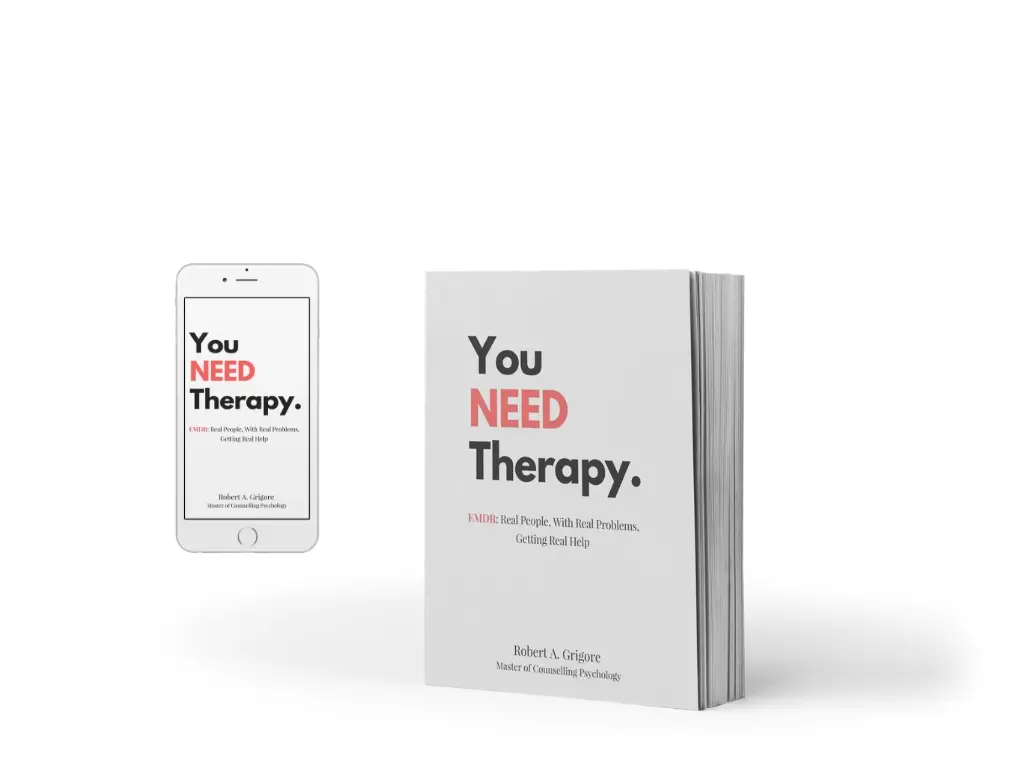You’ve started therapy, but something keeps getting in the way. You forget appointments and say, “I’m fine” when you’re not. You avoid going deeper even when you want to. If this sounds familiar, you’re not alone. And it doesn’t mean you’re “not ready” or “not trying hard enough.” It may mean the resistance is deeper, rooted in your nervous system and unprocessed trauma.
For that, simply understanding resistance in therapy from a trauma-informed lens changes everything. It helps shift the story from “I’m failing” to “my nervous system is protecting me.”
What Is Resistance in Therapy?
In therapy, resistance often shows up as avoidance, forgetfulness, minimising pain, or intellectualising instead of feeling. For some, it looks like cancelling sessions. For others, it’s staying surface-level or deflecting hard topics with humour.
From a traditional lens, resistance is seen as the client’s unwillingness to change. But from a trauma-informed and nervous system perspective, resistance is not defiance. It’s self-protection.
A Trauma-Informed View of Resistance
When the body has lived through trauma, it wires itself for survival. Emotional suppression, dissociation, people-pleasing, or numbing may have been essential in unsafe environments.
So when therapy invites you to feel what was once unbearable, your nervous system may say: No, thank you.
This isn’t sabotage. It’s survival.
Resistance in therapy from a trauma-informed lens sees your hesitation not as a flaw, but as intelligence. Your system is doing what it was wired to do: keep you safe.
Learn more about our trauma therapy in BC
The Role of the Nervous System in Therapy Resistance
The nervous system has three primary responses to perceived threat:
- Fight/Flight: You push back, become defensive, or try to “fix” everything.
- Freeze: You go numb, feel stuck, or can’t remember things.
- Fawn: You please the therapist, smile, and stay agreeable—even when you’re not okay.
These are autonomic responses. They happen before conscious thought.
Understanding this helps reframe why therapy might feel “hard” or why progress feels slow. It’s not laziness. It’s your body assessing risk.
Signs Resistance Is Trauma-Based
- You “zone out” when therapy gets deep
- You feel exhausted after sessions
- You intellectualise your feelings but struggle to feel them
- You cancel sessions at moments of emotional intensity
- You feel fear around being vulnerable, even with a trusted therapist
- You question whether you’re “too much” for the therapist
If you’ve experienced any of these, you may be encountering resistance in therapy from a trauma-informed lens. There, your body is holding the brakes even while your mind wants to move forward.
Working With (Not Against) Resistance
A good trauma-informed therapist will never shame you for resistance. Instead, they’ll work with it.
Here’s how we approach this at Grigore Counselling:
- We go slow, not deep: Rushing retraumatises. Safety comes first.
- We track the body: Your body holds stories. Somatic awareness helps decode them.
- We build capacity: Resourcing and regulation come before memory processing.
- We name resistance without shame: Naming the protective part helps it soften.
Your resistance is not the enemy. It’s a message. And together, we listen.
Want to explore trauma-informed therapy in Surrey or Langley? Start here
EMDR and Nervous System-Aware Therapy
Many clients with deep-rooted resistance benefit from EMDR (Eye Movement Desensitization and Reprocessing). When used with a trauma-informed approach, EMDR allows the brain to reprocess trauma gently and safely, without reliving it.
EMDR also works well when the conscious mind resists talking. Through bilateral stimulation, the nervous system can begin to unwind trauma memories stored in the body.
Read about the evidence supporting EMDR
You’re Not Broken—You’re Protecting
Let’s say that again: You are not broken. Your system is protecting.
The next time you catch yourself resisting therapy or feeling stuck, try asking:
- What part of me is afraid?
- What would it need to feel safer?
- How can I slow down and honour that part?
You don’t have to force healing. The more safety you build, the more your system will allow you to go deeper. Progress isn’t always fast, but it’s real.
When Therapy Feels Too Much
Sometimes, therapy itself can feel overwhelming. That’s okay. There’s no shame in needing breaks, working at a slower pace, or even changing modalities.
At Grigore Counselling, we work across EMDR, CBT, DBT, somatic therapy, and more. Our team is trained to support you, at whatever pace your body allows.
Explore our therapists across British Columbia and find a space where resistance is welcomed, not judged.
FAQs About Therapy Resistance
1. How do I know if I’m resisting therapy or just not ready?
Resistance often shows up when you’re ready, but scared. If you want to heal but keep pulling away, it’s likely resistance, not unreadiness.
2. Can EMDR help if I resist talking about trauma?
Yes. EMDR allows trauma reprocessing without needing to recount every detail. It’s ideal for people who feel overwhelmed by traditional talk therapy.
3. How do I talk to my therapist about resistance?
Try saying, “I notice I feel shut down or avoidant lately.” A good therapist will welcome that and explore it gently with you.











